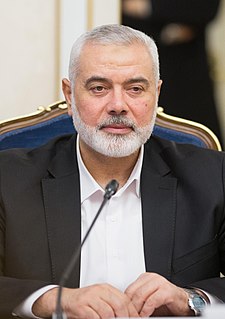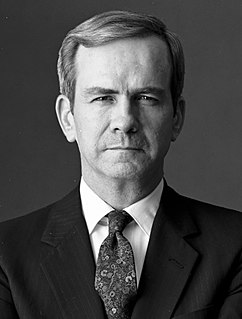A Quote by Tariq Ramadan
The problem with what we call the 'Arab spring' is that these are very nationalistic experiences. Tunisians are concerned with Tunisia, Egyptians concerned with Egypt and so on.
Related Quotes
If you look at the list of the top wheat importers for 2010, almost half of them are Middle Eastern regimes: Egypt, Algeria, Iraq, Morocco, Yemen, Saudi Arabia, Libya, and Tunisia. Egypt is the number-one importer of wheat in the entire world. Tunisia leads the entire world in per capita wheat consumption. So it's no wonder that the revolutions began with Tunisians waving baguettes in the streets and Egyptians wearing helmets made of bread.
Some socialist movements in Egypt, Tunisia and Bahrain, for instance, were genuine. I was making films about the so-called Arab Spring, and I'm well aware of how complex the situation really was. But it goes without saying is that the West immediately infiltrated and 'derailed' the revolutions, turning them into what you have described.
Even after the whole democratization process, it's quite clear that the United States are not seen in a positive way in all the Muslim-majority countries - in Egypt, in Libya, even in Tunisia - even though we have now a kind of trying to be recognized as democrats by the Islamists who are running, you know, Tunisia and Egypt. But the popular sentiment is very, very negative.
I'm not concerned about the very poor, we have a safety net there, if we need to repair, I'll fix it. I'm not concerned about the very rich, they're doing just fine. I'm concerned about the very heart of America, the 90-95 percent of Americans who are struggling, and I'll continue to take that message across the country.
In Egypt the neoliberal programs have meant statistical growth, like right before the Arab Spring, Egypt was a kind of poster child for the World Bank and the IMF [International Monetary Fund:] the marvelous economic management and great reform. The only problem was for most of the population it was a kind of like a blow in the solar plexus: wages going down, benefits being eliminated, subsidized food gone and meanwhile, high concentration of wealth and a huge amount of corruption.





































